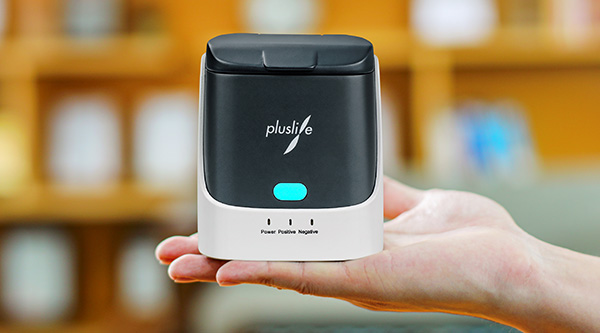release time:2022-05-11 16:07:05

1. Anti-cancer drugs
Anti-cancer drugs can cause changes in liver function and abnormal changes in blood lipids in the body.
2. Hormonal drugs
Estrogen can cause abnormal blood lipid levels and increase transaminase levels in the body. Adrenaline can cause a decrease in blood phosphorus and calcium and an increase in blood sugar. Long-term use of salt corticosteroids may lead to the occurrence of hypokalemia.
3. Antipyretic and analgesic drugs
Salicylates increase amylase, uric acid, and urine sugar in the blood and urine over time. Piperidine hydrochloride affects liver function test values. Aspirin and aminopyrine can significantly increase urinary bilirubin values.
4. Diuretic drugs
Diuretic drugs can cause a decrease in the level of potassium ions in the blood, and long-term use can produce diseases related to hyperuricemia.
5. Antibacterial drugs
Commonly used drugs such as penicillin and sulfonamides can increase blood uric acid levels. And in the process of diagnosis, it is easy to misclassify it as "gout positive".
6. Other drugs
For example, anticoagulant drugs can reduce the level of trital glycerol in the blood. The anti-epileptic drug carbamazepine can damage liver function with long-term use.
1. Familiarize yourself with the operation: Test personnel are skilled in the processes and steps involved in the test program to effectively avoid other influencing factors.
2. Enhance communication: Keep abreast of the patient's medication, dosage and route of use, etc. The combination of patient symptoms and test results.
3. familiar with the drug: understand the drug metabolic pathway, half-life, drug effects on test results and other aspects of the role, avoiding the drug effects of the period of impact testing.
4. information records: test personnel to collect records of drugs that appear to affect test results, so that more accurate analysis of test results.
I hope that by understanding the impact of drugs on biochemical test results and initiatives to reduce the impact can help you in your daily work.

2022-05-23
Combining the basic principles of radioimmunoassay, high sensitivity chemiluminescence and high specificity immunoassay, a new technique - chemiluminescence immunoassay, CLIA - emerged in 1977.Chemiluminescence Examples - Practical Applications of Chemiluminescence

2022-04-08
Seamaty has developed different types of tests for the animal market, including the "12 Electrolyte Plus Parameters" for rapid detection of electrolyte levels in animals.

2022-02-16
COVID-19 has been going on for almost 3 years and there are more and more variants of the virus. How can you help protect your family from the virus? The answer this here!